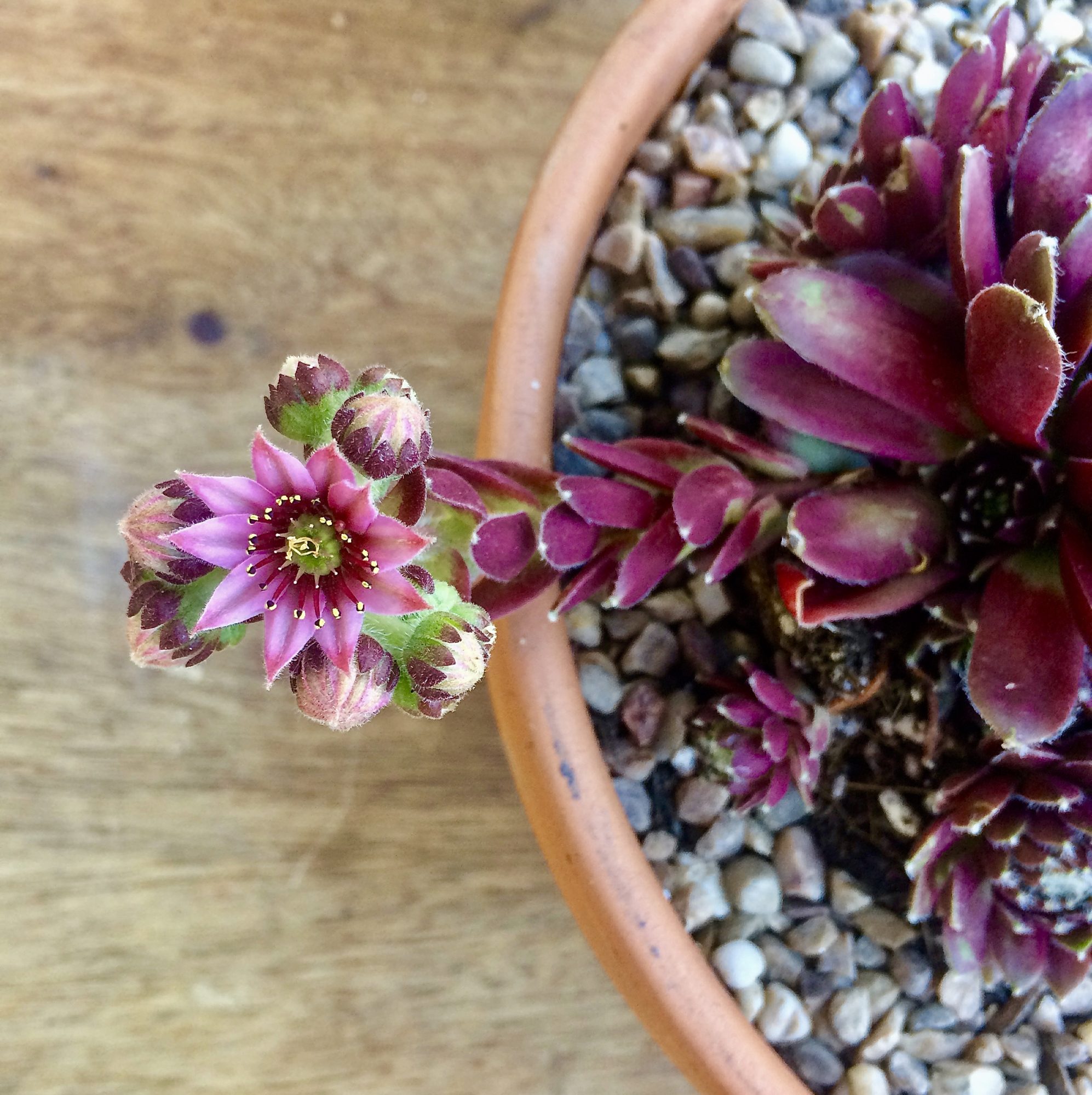
15 Aug Feel the feelings: Why you must stop hiding your emotions.
I experienced my first panic attack in my car while attempting a three point turn in the road outside my parents’ house. I was 22.
One minute I was turning the steering wheel, focused on the manoeuvre, the next I was sweating with fear. My mind raced through a theatre performance I had recently seen, the most devastating moment playing over and over again on the screen of my mind. My body reacted as though this performance was not just real, but was a part of me. I was the dying man collapsing on the ground, I was the one losing the love of my life, it was my body that was falling apart. My temperature rose rapidly, my breathing became forced, erratic. I was shaking, terrified. My body followed the path of terror created by my mind. My guts churned, I thought I would throw up. I was out of control.
In an instance I was catapulted from the peace and quiet of my little green Citreon to a world where I was dying and all I knew was shame and fear. This terror had fallen from the sky, cloaking me. I couldn’t escape it.
I sensed a tug from the rational side of my brain, trying desperately to drag my mind back to safe territory; the day, the weather, the car… anything. It failed. I was in hell, unable to escape.
Then, as I pulled the car over to the side of the road and turned off the engine, the fear gradually started to move away from me. It got quieter, slowly fading. Then it was gone.
I had no idea what had happened, I only knew it was out of my control and I hoped it would never happen again. Rather than try and explain to anyone what I had experienced, I put it down to my vivid imagination. I decided it was a one-off, an anomaly. I was ashamed I couldn’t control my mind and my body, that I had allowed a fiction to overwhelm me, so I kept it to myself.
And if this had been a one-off maybe that would have been okay. Maybe my self- justification and denial wouldn’t have become a problem. But this was not a one-off. This was the first of many such unexplained moments, which stretched to episodes, which sometimes became whole days where I could not shake the terror and catastrophising. Throughout my twenties these experiences became increasingly frequent. I didn’t understand, so I couldn’t explain. I was embarrassed and I didn’t have the language to talk to anyone about it. And who would I talk to anyway?

Once or twice I raised it with a group of women in the church I attended. This was not something they recognised either. They offered me the best they could, which was prayer and the power of positivity. I was encouraged to focus on positive things, to memorise scripture and dwell on the pure, the good, the lovely.
Unfortunately, as I experienced these moments again and again this only served to increase my sense of failure. This didn’t seem to be something I could be ‘healed’ of, it lived within me. I was broken, a freak.
So I did what you do when you are ashamed and have no answers: I pretended. I faked it. I ignored and denied. I didn’t give my emotions any time. They were the problem and therefore I needed to try and crush them. I acted like I was fine and could cope with everything life threw at me. But when emotions are pushed aside or ignored they do not diminish or go away, they become amplified. The more I tried to out-run the terror, the more it snapped at my heels.
I didn’t know what I would later learn: emotions are not good or bad, emotions are simply data. They give us information. They are trying to tell us something. They point to where the pain is, what we value and what needs attention.
By judging my emotions and my panic attacks, I had kept myself alone and ill. I had believed I was to blame and my emotions were wrong. My self-worth correspondingly plummeted. I didn’t know there were others who felt this way, that there was something that could be done, that it didn’t have to be like this.
It took nearly a decade of anxiety and panic before I eventually sought help. Before I started therapy and went to see my GP. It took a decade before I learnt the truth which brought freedom: I was not a failure, I was ill. And I certainly was not alone.
And so I have to ask you the question:
What will it take before you acknowledge how you feel?
Are you ignoring or repressing your emotions because you are ashamed of them, or you don’t understand them?
This is not a long-term solution.
All internal pain will eventually come out one way or another. Why not choose to be honest with yourself and stop judging your emotions? Being honest about how you feel is like allowing fresh air to a wound. It might not look pretty but ultimately it will be healing.

And if you are scared and don’t feel strong enough, I get it. It is scary to own up to yourself. But trust me, you are stronger than you think.
You can do this.
Big love x
“The radical acceptance of our emotions, even the messy, difficult ones, is the cornerstone of resilience, thriving and true authentic happiness.”
Susan David (author of the fantastic book, Emotional Agility. Highly recommended.)
Niki Hardy
Posted at 20:43h, 17 AugustI just love this and have shared it. I watched Susan David’s TED talk and love the way she speaks of emotions as sign posts to our next action. Much love, Niki